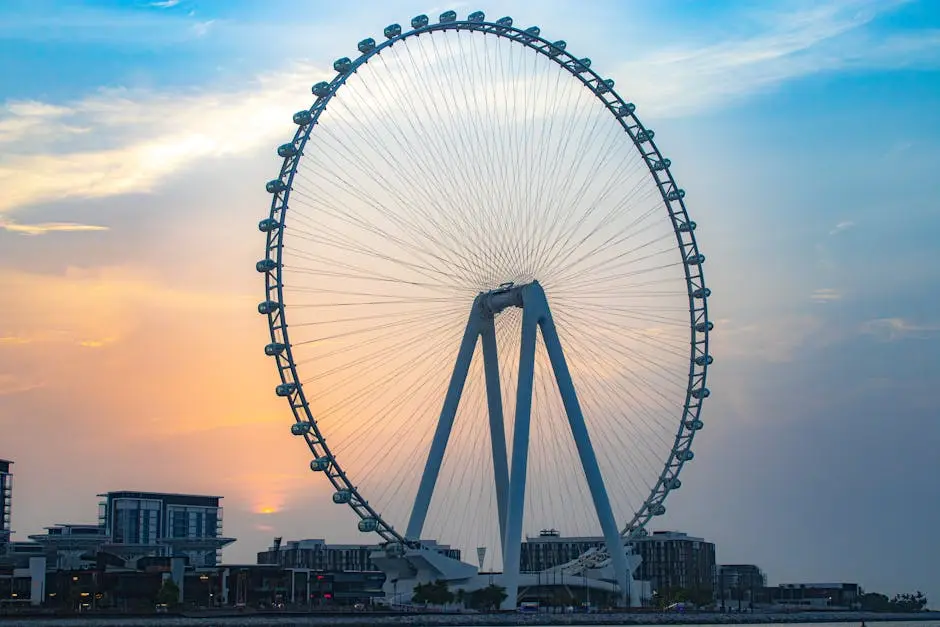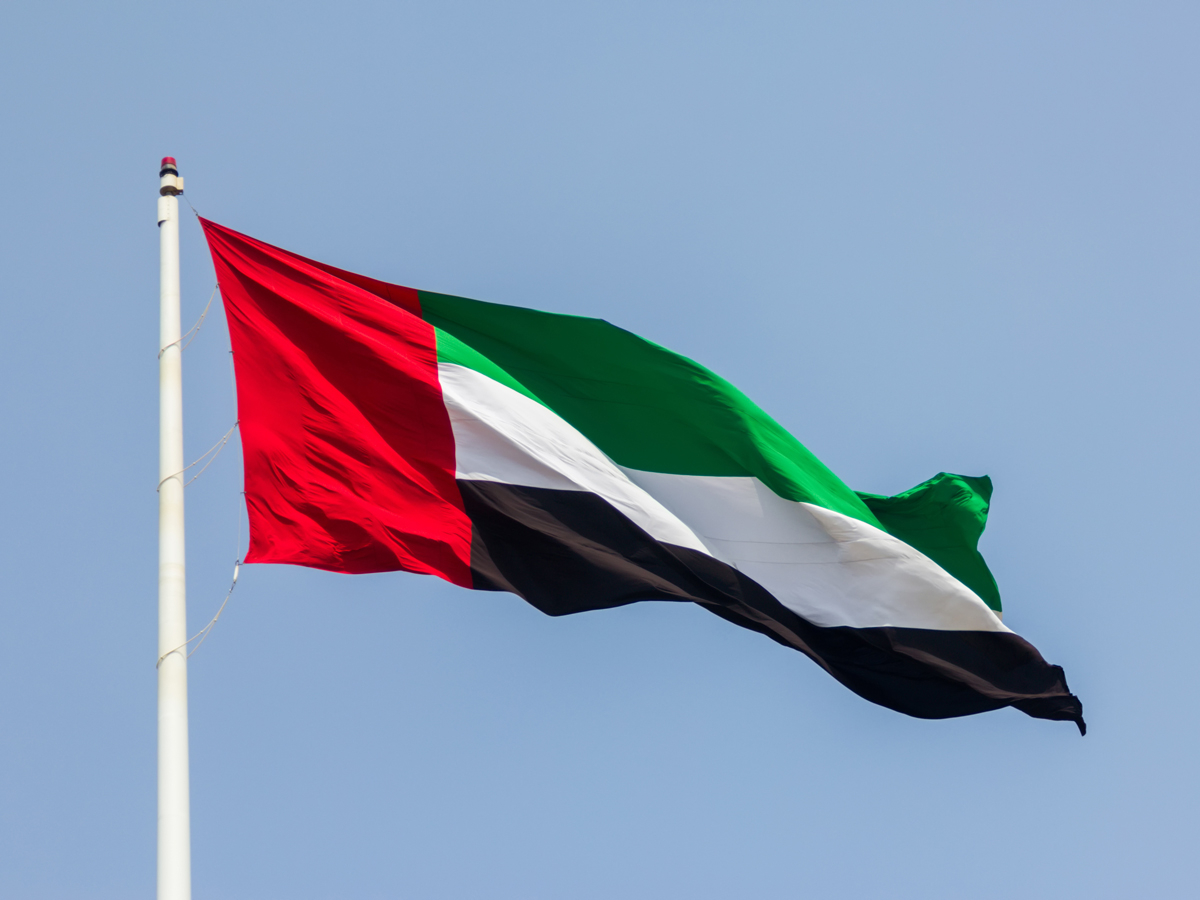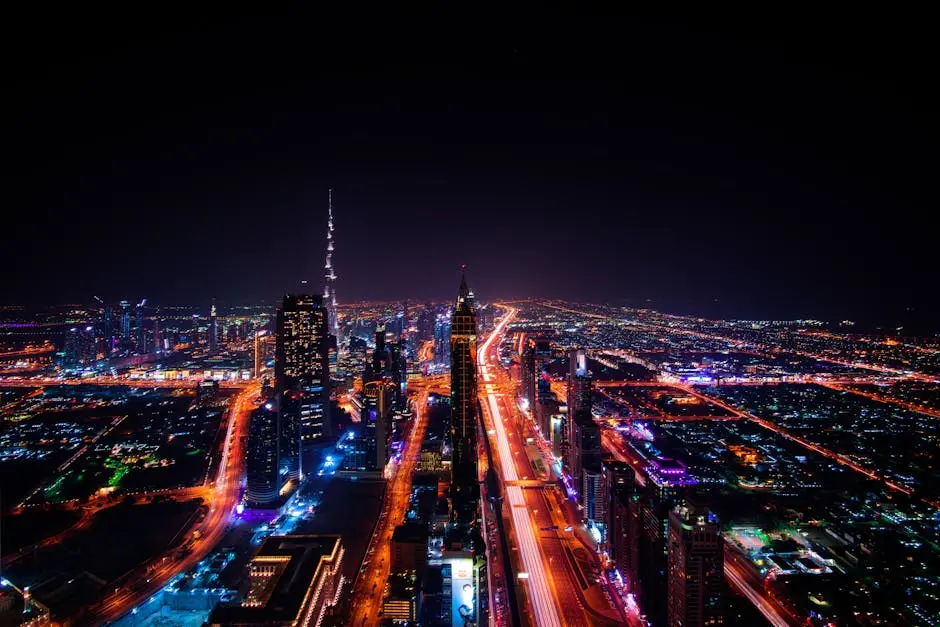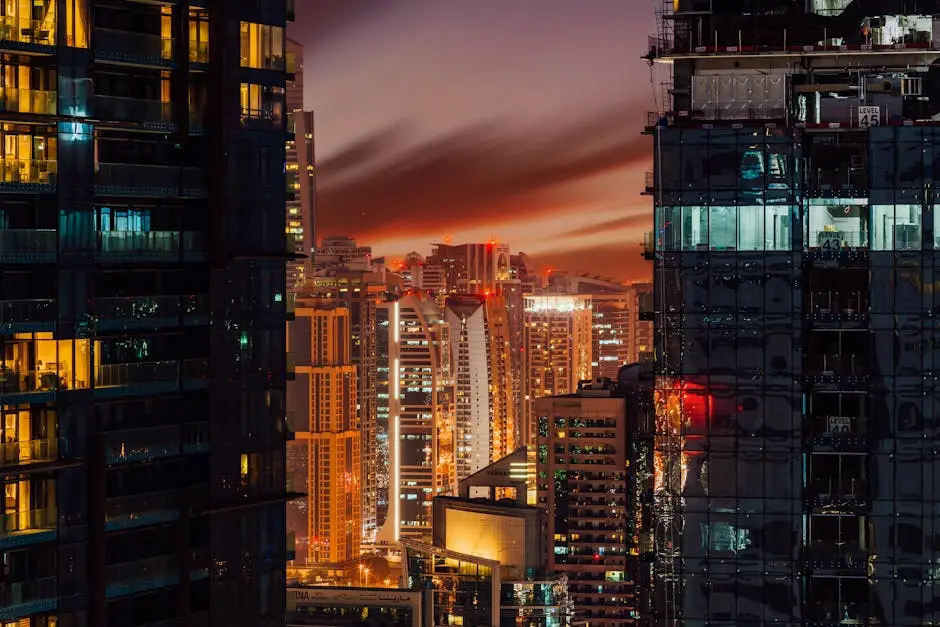
How to get a job in Dubai? Complete guide on how to get a job in Dubai in 2024
Navigate your career with confidence using our comprehensive job guide on ‘How to get a job in[…]

Guide to Getting a Driving License in Dubai in 2024
Navigate the process of obtaining your driving license in Dubai in 2024 with our comprehensive guide!

What Are the Highest and Lowest Paying Jobs in Dubai?
Discover the best and worst salary opportunities for a job in Dubai in our blog post ‘What[…]

History of The UAE Flag; Meaning of UAE Flag Colors
Discover the significance behind the colors of the UAE flag in our blog ‘History of The UAE[…]

Driving License Renewal in Dubai: Fees, Procedure & More
Navigate the renewal process effortlessly in our blog ‘Driving License Renewal in Dubai: Fees, Procedure & More’.

Dubai Creek Tower vs Burj Khalifa: Complete Comparison
Explore the complete comparison of Dubai Creek Tower and Burj Khalifa in our blog to discover what[…]

Is it better to buy property in Dubai or Turkey?
Discover the pros and cons of investing in real estate as we explore whether it’s better to[…]

How much does it cost to get healthcare in Dubai?
Explore the healthcare cost in Dubai and make informed decisions with our comprehensive guide, ‘How much does[…]

Colorful World of Dubai’s Nightlife
Explore the vibrant dubai nightlife in our blog ‘Colorful World of Dubai’s Nightlife’ and discover your next

7 Insider Tips for Investing in Premium Properties in Dubai
Discover essential insider tips for investing in premium properties in Dubai in our blog ‘7 Insider Tips[…]
